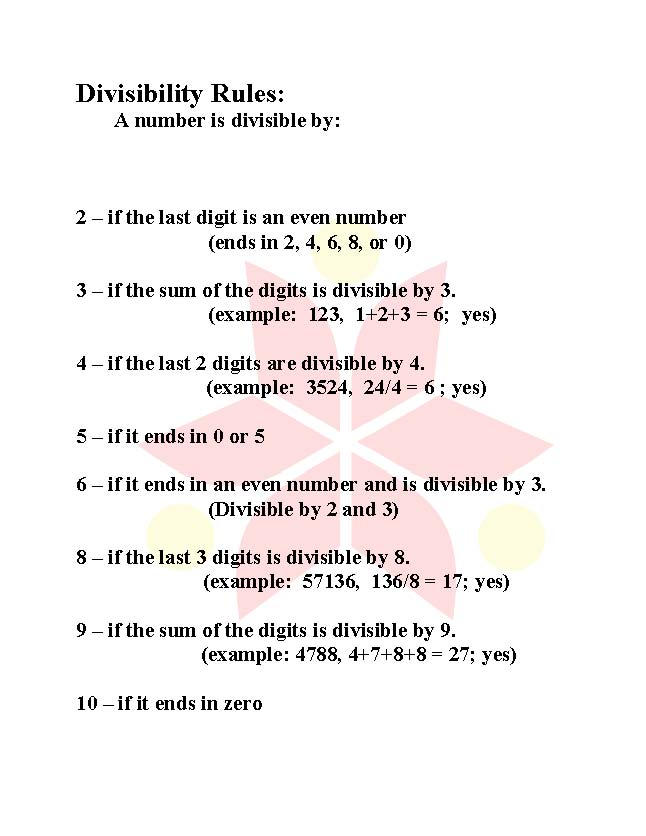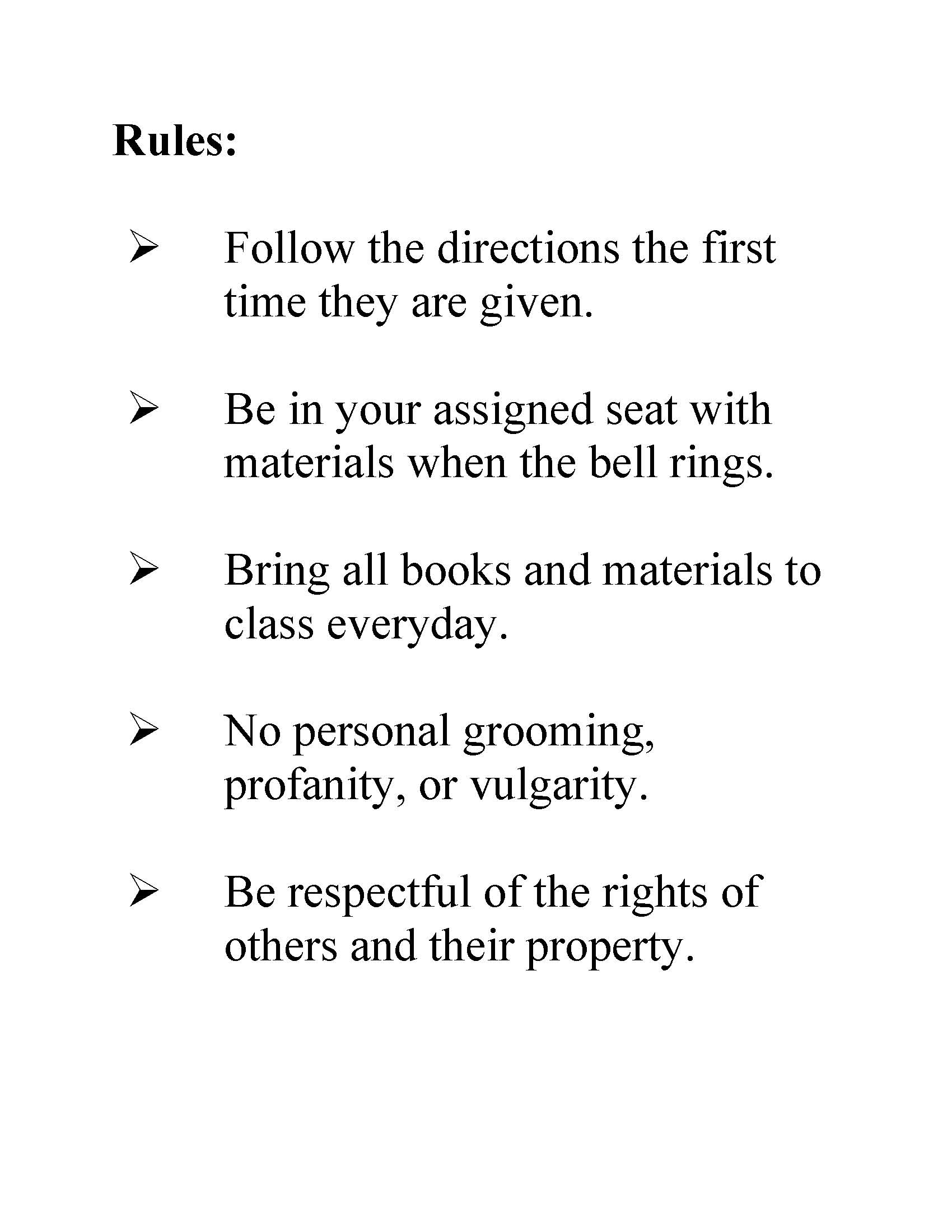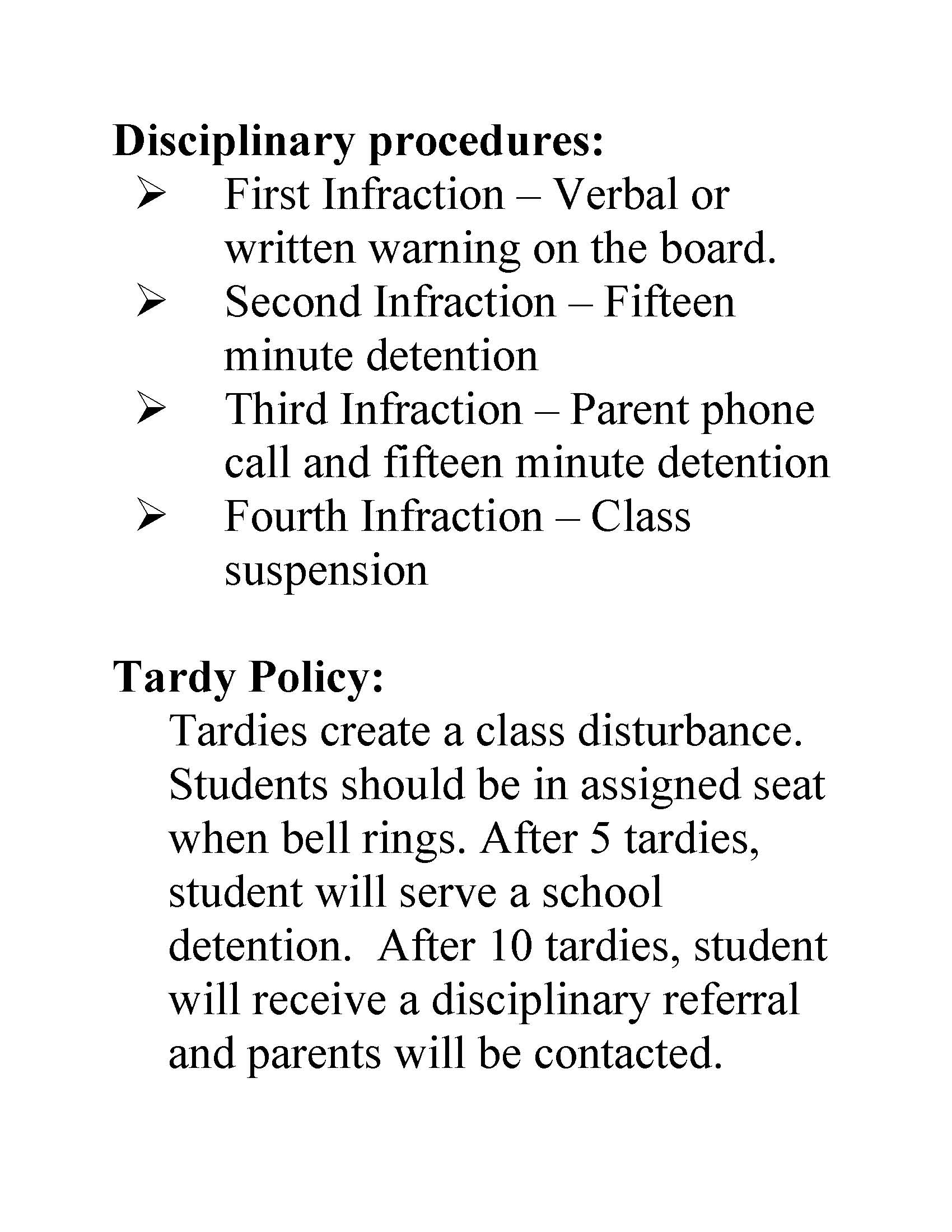As a parent, it’s normal to feel uncertain about how to give your children the right support through your divorce or separation. It may be uncharted territory, but you can successfully navigate this unsettling time—and help your kids emerge from it feeling loved, confident, and strong.There are many ways you can help your kids adjust to separation or divorce. Your patience, reassurance, and listening ear can minimize tension as children learn to cope with new circumstances. By providing routines kids can rely on, you remind children they can count on you for stability, structure, and care. And if you can maintain a working relationship with your ex, you can help kids avoid the stress that comes with watching parents in conflict. Such a transitional time can’t be without some measure of hardship, but you can powerfully reduce your children’s pain by making their well-being your top priority.
What I need from my mom and dad: A child’s list of wants
- I need both of you to stay involved in my life. Please write letters, make phone calls, and ask me lots of questions. When you don’t stay involved, I feel like I’m not important and that you don’t really love me.
- Please stop fighting and work hard to get along with each other. Try to agree on matters related to me. When you fight about me, I think that I did something wrong and I feel guilty.
- I want to love you both and enjoy the time that I spend with each of you. Please support me and the time that I spend with each of you. If you act jealous or upset, I feel like I need to take sides and love one parent more than the other.
- Please communicate directly with my other parent so that I don’t have to send messages back and forth.
- When talking about my other parent, please say only nice things, or don’t say anything at all. When you say mean, unkind things about my other parent, I feel like you are expecting me to take your side.
- Please remember that I want both of you to be a part of my life. I count on my mom and dad to raise me, to teach me what is important, and to help me when I have problems.
Source: University of Missouri
Helping children cope with divorce: What to tell your kids
When it comes to telling your kids about your divorce, many parents freeze up. Make the conversation a little easier on both yourself and your children by preparing significantly before you sit down to talk. If you can anticipate tough questions, deal with your own anxieties ahead of time, and plan carefully what you’ll be telling them, you will be better equipped to help your children handle the news.
What to say and how to say it
Difficult as it may be to do, try to strike an empathetic tone and address the most important points right up front. Give your children the benefit of an honest—but kid-friendly—explanation.
- Tell the truth. Your kids are entitled to know why you are getting a divorce, but long-winded reasons may only confuse them. Pick something simple and honest, like “We can’t get along anymore.” You may need to remind your children that while sometimes parents and kids don’t always get along, parents and kids don’t stop loving each other or get divorced from each other.
- Say “I love you.” However simple it may sound, letting your children know that your love for them hasn’t changed is a powerful message. Tell them you’ll still be caring for them in every way, from fixing their breakfast to helping with homework.
- Address changes. Preempt your kids’ questions about changes in their lives by acknowledging that some things will be different now, and other things won’t. Let them know that together you can deal with each detail as you go.
Avoid blaming
It’s vital to be honest with your kids, but without being critical of your spouse. This can be especially difficult when there have been hurtful events, such as infidelity, but with a little diplomacy, you can avoid playing the blame game.
- Present a united front. As much as you can, try to agree in advance on an explanation for your separation or divorce—and stick to it.
- Plan your conversations. Make plans to talk with your children before any changes in the living arrangements occur. And plan to talk when your spouse is present, if possible.
- Show restraint. Be respectful of your spouse when giving the reasons for the separation.
How much information to give
Especially at the beginning of your separation or divorce, you’ll need to pick and choose how much to tell your children. Think carefully about how certain information will affect them.
- Be age-aware. In general, younger children need less detail and will do better with a simple explanation, while older kids may need more information.
- Share logistical information. Do tell kids about changes in their living arrangements, school, or activities, but don’t overwhelm them with the details.
- Keep it real. No matter how much or how little you decide to tell your kids, remember that the information should be truthful above all else.
Helping children cope with divorce: Listen and reassure
 Support your children by helping them express emotions, and commit to truly listening to these feelings without getting defensive. Your next job is reassurance—assuaging fears, straightening misunderstandings, and showing your unconditional love. The bottom line: kids need to know that your divorce isn’t their fault.
Support your children by helping them express emotions, and commit to truly listening to these feelings without getting defensive. Your next job is reassurance—assuaging fears, straightening misunderstandings, and showing your unconditional love. The bottom line: kids need to know that your divorce isn’t their fault.
Help kids express feelings
For kids, divorce can feel like loss: the loss of a parent, the loss of the life they know. You can help your children grieve and adjust to new circumstances by supporting their feelings.
- Listen. Encourage your child to share their feelings and really listen to them. They may be feeling sadness, loss or frustration about things you may not have expected.
- Help them find words for their feelings. It’s normal for children to have difficulty expressing their feelings. You can help them by noticing their moods and encouraging them to talk.
- Let them be honest. Children might be reluctant to share their true feelings for fear of hurting you. Let them know that whatever they say is okay. If they aren’t able to share their honest feelings, they will have a harder time working through them.
- Acknowledge their feelings. You may not be able to fix their problems or change their sadness to happiness, but it is important for you to acknowledge their feelings rather than dismissing them. You can also inspire trust by showing that you understand.
Clearing up misunderstandings
Many kids believe that they had something to do with the divorce, recalling times they argued with their parents, received poor grades, or got in trouble. You can help your kids let go of this misconception.
- Set the record straight. Repeat why you decided to get a divorce. Sometimes hearing the real reason for your decision can help.
- Be patient. Kids may seem to “get it” one day and be unsure the next. Treat your child’s confusion or misunderstandings with patience.
- Reassure. As often as you need to, remind your children that both parents will continue to love them and that they are not responsible for the divorce.
Give reassurance and love
Children have a remarkable ability to heal when given the support and love they need. Your words, actions, and ability to remain consistent are all important tools to reassure your children of your unchanging love.
- Both parents will be there. Let your kids know that even though the physical circumstances of the family unit will change, they can continue to have healthy, loving relationships with both of their parents.
- It’ll be okay. Tell kids that things won’t always be easy, but that they will work out. Knowing it’ll be all right can provide incentive for your kids to give a new situation a chance.
- Closeness. Physical closeness—in the form of hugs, pats on the shoulder, or simple proximity—has a powerful way of reassuring your child of your love.
- Be honest. When kids raise concerns or anxieties, respond truthfully. If you don’t know the answer, say gently that you aren’t sure right now, but you’ll find out and it will be okay.
Helping children cope with divorce: Provide stability and structure
While it’s good for kids to learn to be flexible, adjusting to many new things at once can be very difficult. Help your kids adjust to change by providing as much stability and structure as possible in their daily lives.
Remember that establishing structure and continuity doesn’t mean that you need rigid schedules or that mom and dad’s routines need to be exactly the same. But creating some regular routines at each household and consistently communicating to your children what to expect will provide your kids with a sense of calm and stability.
The comfort of routines
The benefit of schedules and organization for younger children is widely recognized, but many people don’t realize that older children appreciate routine, as well. Kids feel safer and more secure when they know what to expect next. Knowing that, even when they switch homes, dinnertime is followed by a bath and then homework, for example, can set a child’s mind at ease.
Maintaining routine also means continuing to observe rules, rewards, and discipline with your children. Resist the temptation to spoil kids during a divorce by not enforcing limits or allowing them to break rules.
Helping children cope with divorce: Take care of yourself
The first safety instruction for an airplane emergency is to put the oxygen mask on yourself before you put it on your child. The take-home message: take care of yourself so that you can be there for your kids.
Your own recovery
If you are able to be calm and emotionally present, your kids will feel more at ease. The following are steps you can take toward improving your own well-being and outlook:
- Exercise often and eat a healthy diet. Exercise relieves the pent-up stress and frustration that are commonplace with divorce. And although cooking for one can be difficult, eating healthfully will make you feel better, inside and out—so skip the fast food.
- See friends often. It may be tempting to hole up and not see friends and family who will inevitably ask about the divorce—but the reality is that you need the distraction. Ask friends to avoid the topic; they’ll understand.
- Keep a journal. Writing down your feelings, thoughts, and moods can help you release tension, sadness, and anger. As time passes, you can look back on just how far you’ve come.
You’ll need support
At the very least, divorce is complicated and stressful—and can be devastating without support.
- Lean on friends. Talk to friends or a support group about your bitterness, anger, frustration—whatever the feeling may be—so you don’t take it out on your kids.
- Never vent negative feelings to your child. Whatever you do, do not use your child to talk it out like you would with a friend.
- Keep laughing. Try to inject humor and play into your life and the lives of your children as much as you can; it can relieve stress and give you all a break from sadness and anger.
- See a therapist. If you are feeling intense anger, fear, grief, shame, or guilt, find a professional to help you work through those feelings.
Helping children cope with divorce: Work with your ex
Conflict between parents—separated or not—can be very damaging for kids. It’s crucial to avoid putting your children in the middle of your fights, or making them feel like they have to choose between you.
Rules of thumb
Remember that your goal is to avoid lasting stress and pain for your children. The following tips can save them a lot of heartache.
- Take it somewhere else. Never argue in front of your children, whether it’s in person or over the phone. Ask your ex to talk another time, or drop the conversation altogether.
- Use tact. Refrain from talking with your children about details of their other parent’s behavior. It’s the oldest rule in the book: if you don’t have anything nice to say, don’t say anything at all.
- Be nice. Be polite in your interactions with your ex-spouse. This not only sets a good example for your kids but can also cause your ex to be gracious in response.
- Look on the bright side. Choose to focus on the strengths of all family members. Encourage children to do the same.
- Work on it. Make it a priority to develop an amicable relationship with your ex-spouse as soon as possible. Watching you be friendly can reassure children and teach problem-solving skills as well.
The big picture
If you find yourself, time after time, locked in battle with your ex over the details of parenting, try to step back and remember the bigger purpose at hand.
- Relationship with both parents. What’s best for your kids in the long run? Having a good relationship with both of their parents throughout their lives.
- The long view. If you can keep long-term goals—your children’s physical and mental health, your independence—in mind, you may be able to avoid disagreements about daily details. Think ahead in order to stay calm.
- Everyone’s well-being. The happiness of your children, yourself, and, yes, even your ex, should be the broad brushstrokes in the big picture of your new lives after divorce.
Helping children cope with divorce: Know when to seek help
Some children go through divorce with relatively few problems, while others have a very difficult time. It’s normal for kids to feel a range of difficult emotions, but time, love, and reassurance should help them to heal. If your kids remain overwhelmed, though, you may need to seek professional help.
Normal reactions to separation and divorce
Although strong feelings can be tough on kids, the following reactions can be considered normal for children.
- Anger. Your kids may express their anger, rage, and resentment with you and your spouse for destroying their sense of normalcy.
- Anxiety. It’s natural for children to feel anxious when faced with big changes in their lives.
- Mild depression. Sadness about the family’s new situation is normal, and sadness coupled with a sense of hopelessness and helplessness is likely to become a mild form of depression.
It will take some time for your kids to work through their issues about the separation or divorce, but you should see gradual improvement over time .
Red flags for more serious problems
If things get worse rather than better after several months , it may be a sign that your child is stuck in depression, anxiety, or anger and could use some additional support. Watch for these warning signs of divorce-related depression or anxiety:
- Sleep problems
- Poor concentration
- Trouble at school
- Drug or alcohol abuse
|
- Self-injury, cutting, or eating disorders
- Frequent angry or violent outbursts
- Withdrawal from loved ones
- Refusal of loved activities
|
Discuss these or other divorce-related warning-signs with your child’s doctor, teachers, or consult a child therapist for guidance on coping with specific problems.
Helping children cope with divorce: Supporting your child through a divorce
 For children, divorce can be stressful, sad, and confusing. At any age, kids may feel uncertain or angry at the prospect of mom and dad splitting up. As a parent, you can make the process and its effects less painful for your children. Helping your kids cope with divorce means providing stability in your home and attending to your children’s needs with a reassuring, positive attitude. It won’t be a seamless process, but these tips can help your children cope.
For children, divorce can be stressful, sad, and confusing. At any age, kids may feel uncertain or angry at the prospect of mom and dad splitting up. As a parent, you can make the process and its effects less painful for your children. Helping your kids cope with divorce means providing stability in your home and attending to your children’s needs with a reassuring, positive attitude. It won’t be a seamless process, but these tips can help your children cope. Support your children by helping them express emotions, and commit to truly listening to these feelings without getting defensive. Your next job is reassurance—assuaging fears, straightening misunderstandings, and showing your unconditional love. The bottom line: kids need to know that your divorce isn’t their fault.
Support your children by helping them express emotions, and commit to truly listening to these feelings without getting defensive. Your next job is reassurance—assuaging fears, straightening misunderstandings, and showing your unconditional love. The bottom line: kids need to know that your divorce isn’t their fault.





